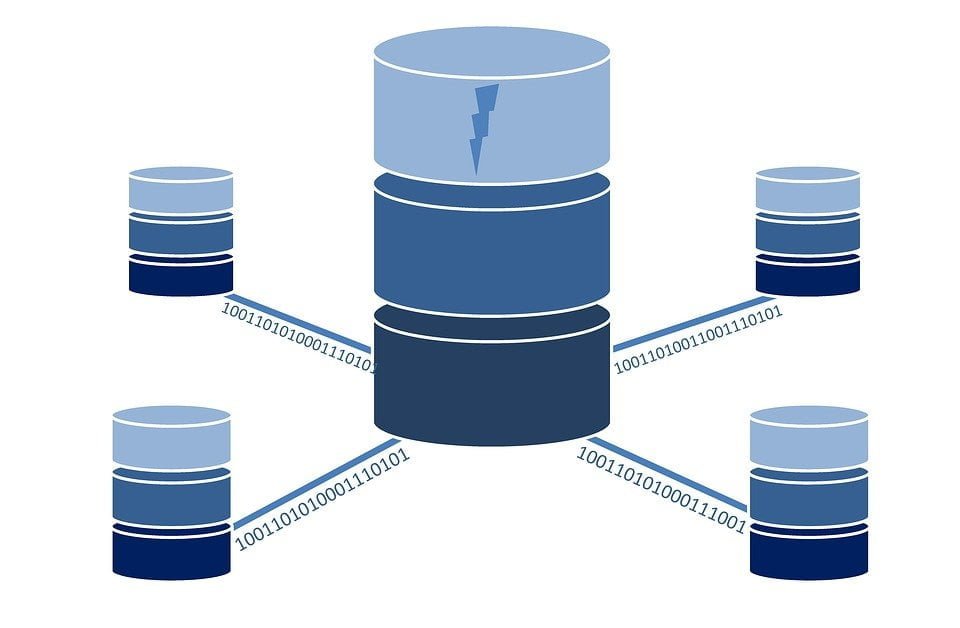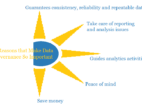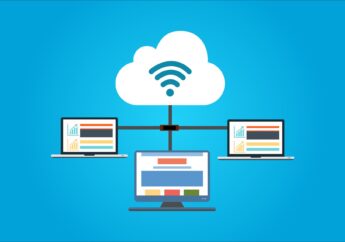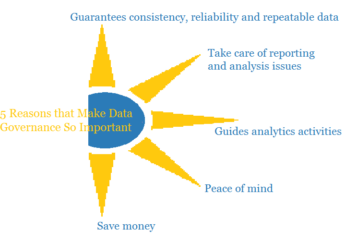5 Risks That Come With Offloading Data Storage To The Cloud
by Anindita Dey Cloud Computing Published on: 07 July 2017 Last Updated on: 26 July 2024

In recent years, cloud storage has become popular. However, with all the convenience comes some difficulties. Both pros and cons to using cloud services as opposed to locally storing data exist, just as you’ll find pros and cons among the many cloud service providers (CSPs) available to consumers. To make the best decision on how to store your data, consider some of the following five details when exploring your options.
Read also: Why Cloud Computing Can Help Any Business Reach New Heights
Out-of-Area Server Location
Image via Flickr by okfn
Different cloud services providers offer different levels of privacy. Each country that offers data storage has its own privacy laws, so finding the country with the regulations to suit your needs can pay off if any problems arise. Luckily, you can store your data in basically any country that offers a cloud service, regardless of where you live.
Hackability
Across the internet, you can find stories of hacked cloud security spaces. From personal photos to important data, we’ve seen plenty of securities fail. While no cloud service can ever be 100 percent safe from hacking, research into a company’s history and security can help you decide how much you trust the business with your data storage.
Read also: 5 Reasons that Make Data Governance So Important
Lack of Customer Support
Many issues can come up when dealing with cloud storage, whether it’s a security issue, account access, or a loss of content. Having a readily available support system in place can make a big difference in your experience as a customer.
Read also: Customer Support: The Board Portal Must Have
Security Challenges
Security presents a complicated issue for cloud storage. While having security is important, the way services implement security and compliance affects every other issue on this list, from hackability to account recovery.
Find out how the company stores the data, handles ownership of the data, and controls access to the data. Some good questions to ask could be the following: Does the company believe it has control over my data if something goes wrong? If I lose my password, how difficult would it be to use my account again? This last item brings us to another important risk.
Account Lockout
Don’t get locked out of your account. Some users have frustrating experiences with CSPs and account lockouts. If the service believes that a security breach has taken place, you may not get back online for some time. Many companies need you to jump through hoops to prove your identity and get back into your cloud storage account. In worst case scenarios, you may never get back your account. For example, you may have personally had a password changed on your account and you were unable to log in again, even after contacting support and speaking with a supervisor.
Your data and privacy matter, so be sure to monitor how both get handled. Whether you’re using a CSP to upload work data, or you’ve simply run out of room on your personal devices, make sure to research any service before committing. Each service has its own way of storing and securing data, and the best service is the one that helps address your specific needs.c








































































































